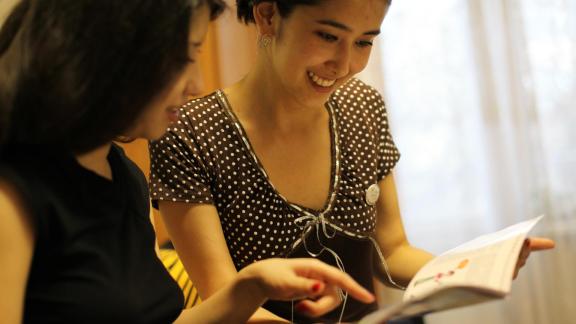Our latest analysis - done in collaboration with the BZgA - shows that over the past two decades sexuality education has progressed, but improvements are still needed. We cover the state of play and latest developments in the field across 25 European and Central Asian countries, including aspects related to the quality of programmes and the impact on young people’s health. The roll-out of sexuality education differs widely within the region and while promising steps have been taken, we look forward to more progress.
Sexuality education addresses the need to foster emotional-sexual intelligence and the capacity for healthy, intimate bonding and growth. It is based on an understanding of the concepts of consent, equity and respect for one’s own boundaries and the boundaries of others in intimate relationships and in society in general.
When young people lack these crucial skills, they inevitably face a lack of personal growth and joy as much as a lack of ability to form and foster nurturing and stable relationships with others.
To ensure that young people are equipped with these skillsets, we recommend increased knowledge-sharing in the field of sexuality education as well as improving the scope of school programmes and investing in teacher trainings.
when
Subject
Comprehensive Sex Education









